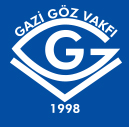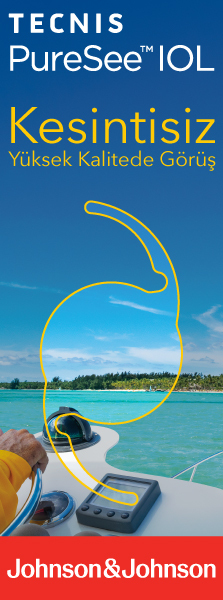Retina-Vitreous
2007 , Vol 15 , Num 0
Potential Toxicity with Inhibitors of Vascular Endothelial Growth Factor
Afyon Kocatepe Üniversitesi Tıp Fakültesi Göz Hastalıkları A.D., Afyon, Doç. Dr.
The new drugs inhibiting vascular endothelial growth factor (VEGF) developed after understanding of important role of VEGF in ocular angiogenetic disorders, have lead to new era in the treatment of neovascular eye diseases such as age related macular degeneration (ARMD), diabetic retinopathy and retinal vascular occlusions. Many new anti-VEGF drugs remain to be use in near future beside the existing inhibitors ranibizumab (Lucentis), Pegaptanib sodium (Macugen) approved for the treatment of ARMD and Avastin which is used with off-label indication. Preclinical experimental animal studies performed by present VEGF inhibitors showed no ocular or systemic toxicity after intravitreal application. Avastin, which is used as off-label worldwide, have increased the risk of hypertension and thromboembolic events when used systemically. However, similar risks have never been reported with intravitreal application. The multi-center trial studies by pegaptanib and ranibizumab did not report drug related significant adverse events except the injection-related complications. The incidences of possible thromboembolic events due to VEGF inhibition have been found to be similar to that of sham injection groups in these trials. While no toxicity related findings were detected in clinical, electroretinographic, in vitro cell culture, and experimental histopathological studies, some findings related to probable ultrastructural toxic effect on photoreceptor cells and choriocapillaris by bevacizumab were achieved. Because VEGF is neuroprotective and have play important roles in physiologic angiogenesis, and vasculogenezis during developmental stages, beside the its role in pathologic angiogenesis, the enthusiasm for the treatment of ocular neovascular diseases with anti-VEGF drugs should be stabilized by the knowledge of possible toxic effects in case of long term inhibition.
Keywords :
VEGF, anti-VEGF drugs, ranibizumab, pegaptanib, bevacizumab and toxicity





